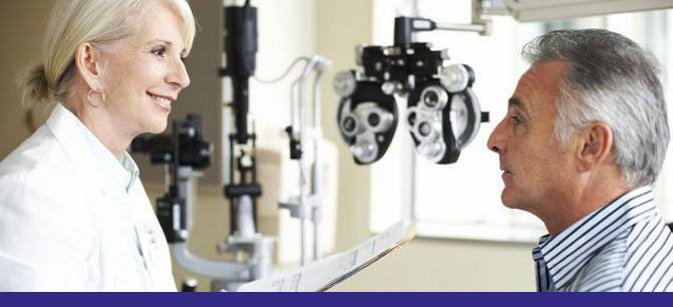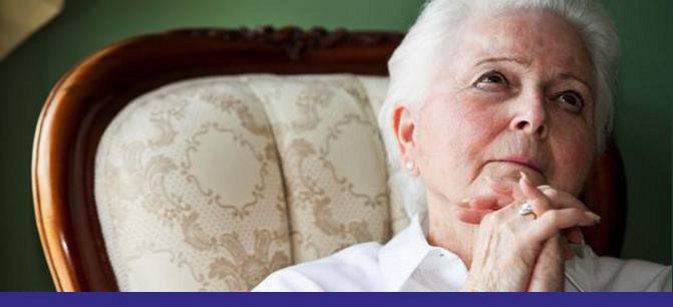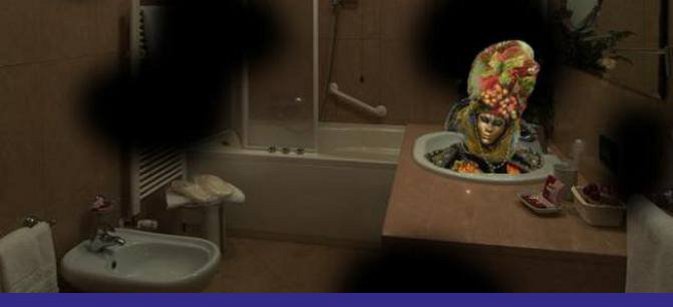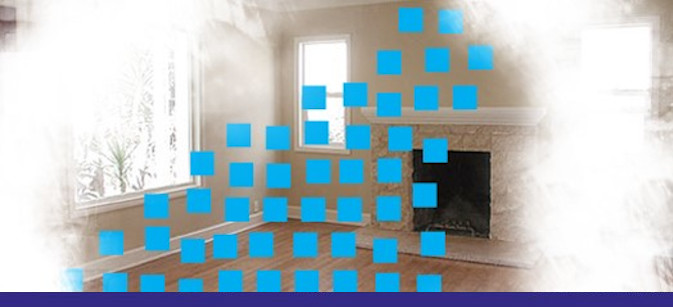by Scot Muirden
It’s been a significant couple of months in Australia as the country comes to grips with the enormity of two pressing matters: sexual assault and misogyny allegations within (and beyond) federal parliament as well as the very sobering findings of the Royal Commission into Aged Care. What connects the two issues is an eerie parallel story of widespread abuses (historical and contemporary) that have tended to remain largely concealed from public and media attention.
Yet what once remained in the murky depths is now beginning to be brought to the surface. And in this sense, the issues of sexual assault and aged care abuse/neglect have relevant messages for the Charles Bonnet syndrome cause too. When previously unheard voices begin to receive substantial coverage in the public arena, then this opens up a more nuanced picture of the way of things. It can challenge the status quo, the way things have been. It compels us as a society to take notice and ask whether this is a fair and just state of affairs. If not, then implementing change in the interests of human dignity and respect becomes crucial.
The interminable silence that surrounds CBS has kept the matter far from public awareness. More concerngly though, the syndrome remains poorly understood even within medical and health care settings. People living with CBS have been left behind. Services are often oblivious to them. So the long, tortuous road of isolation, distress and uncertainty persists (often unnecessarily) for many vision-impaired people.
It’s high time for the voices within the CBS community to be publicly heard and recognised. Pressure needs to be brought to bear upon health services to be far more responsive to this remarkably frequent condition. Make no mistake, Charles Bonnet syndrome is pervasive. And despite its characterisation, it’s not always pleasant. In fact, sometimes it’s downright awful. It can be scary too and negatively affects the quality of a person’s life.
Until and unless the medical and health care sectors are confronted with the stark reality of how devastating and common the syndrome is, they will seemingly not be moved to act. Because where silence reigns, there's rarely change.









